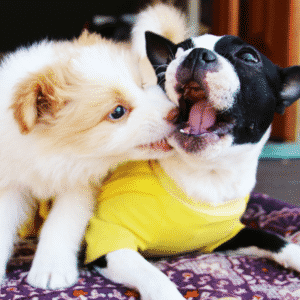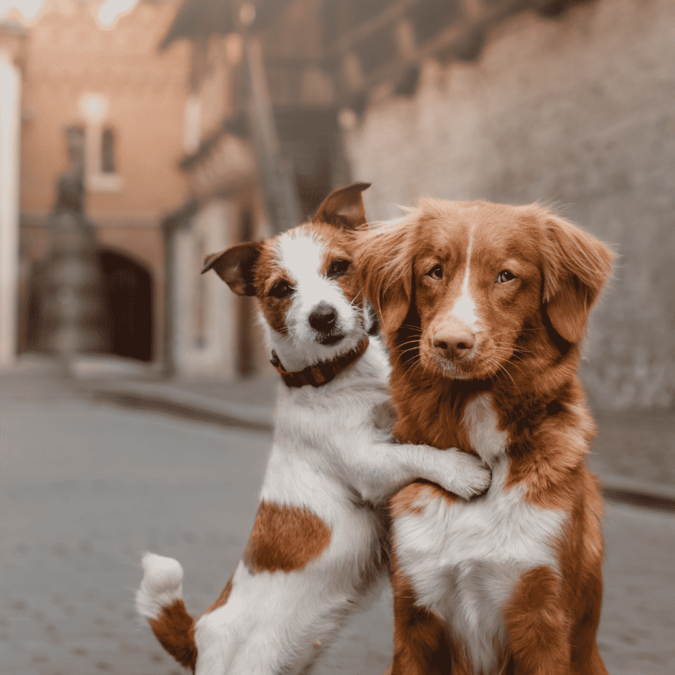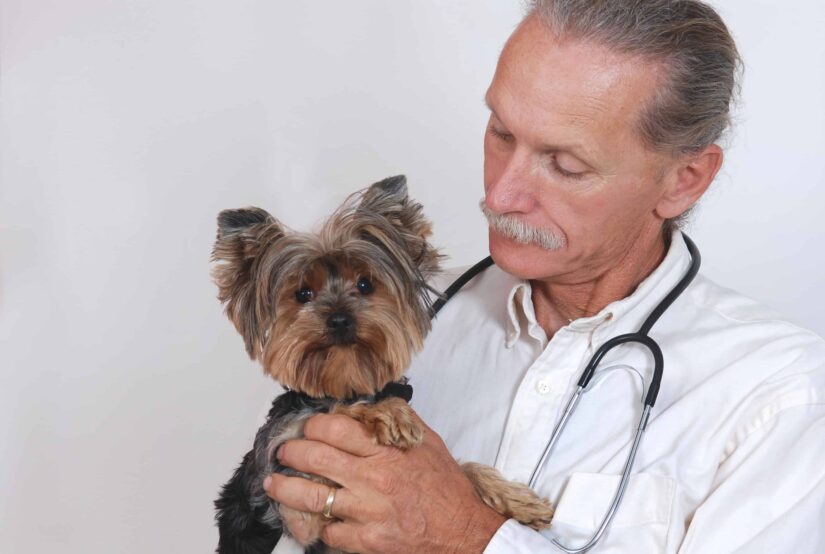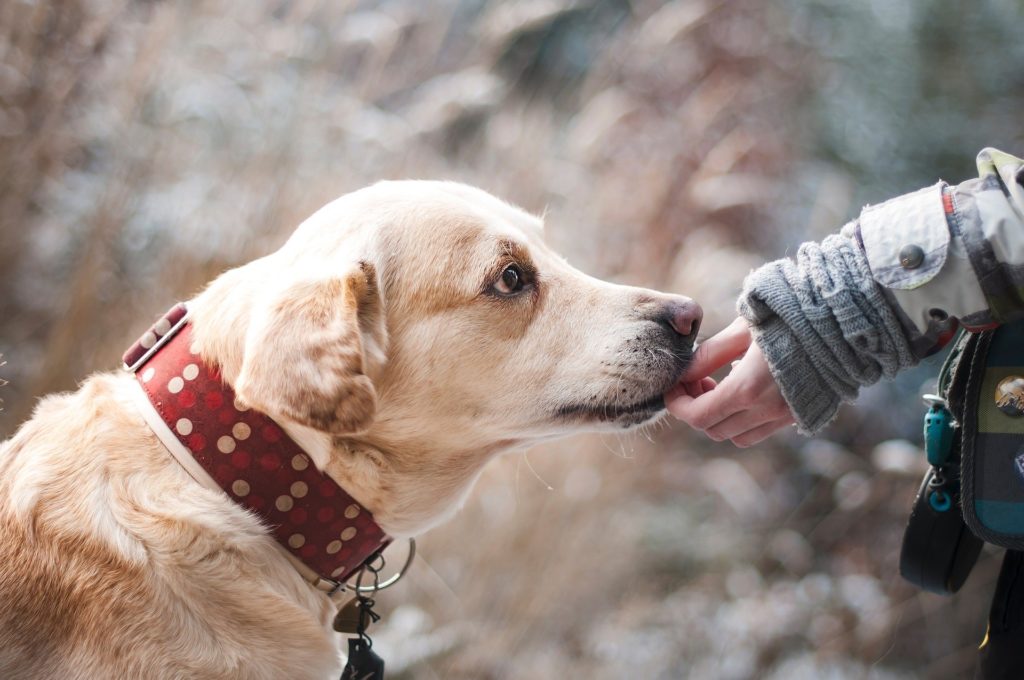You may not realize it, but your dog benefits from your companionship, both emotionally and physically, just as much as you do. With this thought, you may find yourself wondering: Would my dog be happier with another furry companion? Is my attention enough? Is my pet lonely without me during the day? With many questions to consider, it may be time to start thinking about adding a few more legs to the family.
When should you consider getting another dog?
If your dog is anxiously awaiting your arrival home and exhibits excessive energy, it may be time to consider another canine companion. By giving them a playmate, you may find your dog less needy at the end of each day. Other considerations: Is your dog interested in other dogs or is territorial? Have you recently lost a second dog? If so, you may want to hesitate before getting a new companion. Note that dogs grieve the loss of companionship just like humans.
Q&A’s To Consider When Contemplating On Getting Another Dog
Questions – How old should your pet be before adopting a new friend?
Answer – It’s best for your current dog to be at least a few years old before introducing a new dog into your family.
Question – Will it infringe on your current dog’s space?
Answer – Consider the size of your home. Decide on whether you have enough room to add another animal into your home. Think about your lifestyle and what you’re willing to possibly give up. Adding another pet to the home may alter your current home function.
Question – Do I have time for more than one dog?
Answer – You also want to make sure that you have the time to devote to training your new pet. It’s best not to add another dog when you have upcoming distractions such as travel, renovations, or visitors. Not only will the new dog need attention, but you’ll need to pay extra attention to your current pet.
Question – Is everyone in my house onboard?
Answer – All family members should be on board with bringing a new dog into the family. There will be additional responsibilities with training, cleaning, and expenses if you expand your family. Everyone needs to be willing to commit to the level of love, attention, and care that your current and the new dog will require and deserve. You also don’t want the family to be strapped financially. Think double vet, food, and grooming bills. If these costs aren’t in the budget, it’s not the time for a new dog.
Question – What type of breed is right for your home?
Answer – Think about what kind of dog will be the best companion for your current pet. Do you want a playful pup bouncing around your home? Dogs of the same breed typically do well together. When looking at a different breed, think about your current dog’s temperament and energy level. A calm laid back dog may not particularly jive with an energetic, hyperactive dog. If your dog is older, it may be good to add a puppy to the family as they don’t come into the relationship with established behaviors. Do you have the time, patience, and energy to train a puppy? If not, consider adopting an adult dog
Question – Are you open to rescuing?
Answer – Think about what kind of dog will be the best companion for your current pet. Do you want a playful pup bouncing around your home? Do you have the time, patience, and energy to train a puppy? If not, consider adopting an adult dog

As you search for another canine companion, include your current dog in the process! Bring your pet to adoption days and see which playmate he naturally warms up to. Observe your dog at the dog park and see if he tends to play with or avoid a certain breed. Likewise, he may be drawn to or avoid dogs of certain sizes. Your dog will tell you best through his behavior and actions what he needs, including whether it’s time for you to add another dog to the family.
Expert Vet Advice
At Pet Butler, we encourage our readers to take the time to research your local rescue shelters. Many pets are waiting for their forever homes you just have to find them. Pet Butler believes in donating our time and leveraging our business platform to bring local awareness to the needs of animal rescues, shelters, and pets in need of adoption. According to the American Humane Society, annually 2.7 million adoptable dogs and cats are euthanized in the United States, simply because there are too many pets in shelters and too few people consider adoption when looking for a pet.
To find local rescue shelters near you, click here.



